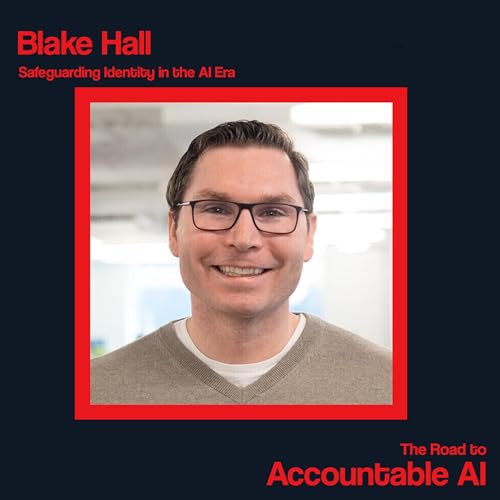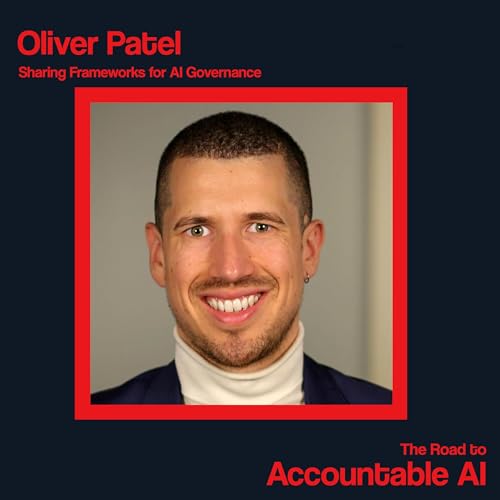Kevin Werbach speaks with Caroline Louveaux, Chief Privacy, AI, and Data Responsibility Officer at Mastercard, about what it means to make trust mission critical in the age of artificial intelligence. Caroline shares how Mastercard built its AI governance program long before the current AI boom, grounding it in the company's Data and Technology Responsibility Principles". She explains how privacy-by-design practices evolved into a single global AI governance framework aligned with the EU AI Act, NIST AI Risk Management, and standards.
The conversation explores how Mastercard balances innovation speed with risk management, automates low-risk assessments, and maintains executive oversight through its AI Governance Council. Caroline also discusses the company's work on agentic commerce, where autonomous AI agents can initiate payments, and why trust, certification, and transparency are essential for such systems to succeed. Caroline unpacks what it takes for a global organization to innovate responsibly — from cross-functional governance and "tone from the top," to partnerships like the Data & Trust Alliance and efforts to harmonize global standards. Caroline emphasizes that responsible AI is a shared responsibility and that companies that can "innovate fast, at scale, but also do so responsibly" will be the ones that thrive.
Caroline Louveaux leads Mastercard's global privacy and data responsibility strategy. She has been instrumental in building Mastercard's AI governance framework and shaping global policy discussions on data and technology. She serves on the board of the International Association of Privacy Professionals (IAPP), the WEF Task Force on Data Intermediaries, the ENISA Working Group on AI Cybersecurity, and the IEEE AI Systems Risk and Impact Executive Committee, among other activities.
Transcript
How Mastercard Uses AI Strategically: A Case Study (Forbes 2024)
Lessons From a Pioneer: Mastercard's Experience of AI Governance (IMD, 2023)
As AI Agents Gain Autonomy, Trust Becomes the New Currency. Mastercard Wants to Power Both. (Business Insider, July 2025)
 Dec 18 202538 mins
Dec 18 202538 mins Dec 11 202534 mins
Dec 11 202534 mins Dec 4 202532 mins
Dec 4 202532 mins Nov 20 202535 mins
Nov 20 202535 mins 36 mins
36 mins Nov 6 202534 mins
Nov 6 202534 mins Oct 30 202534 mins
Oct 30 202534 mins Oct 23 202533 mins
Oct 23 202533 mins
